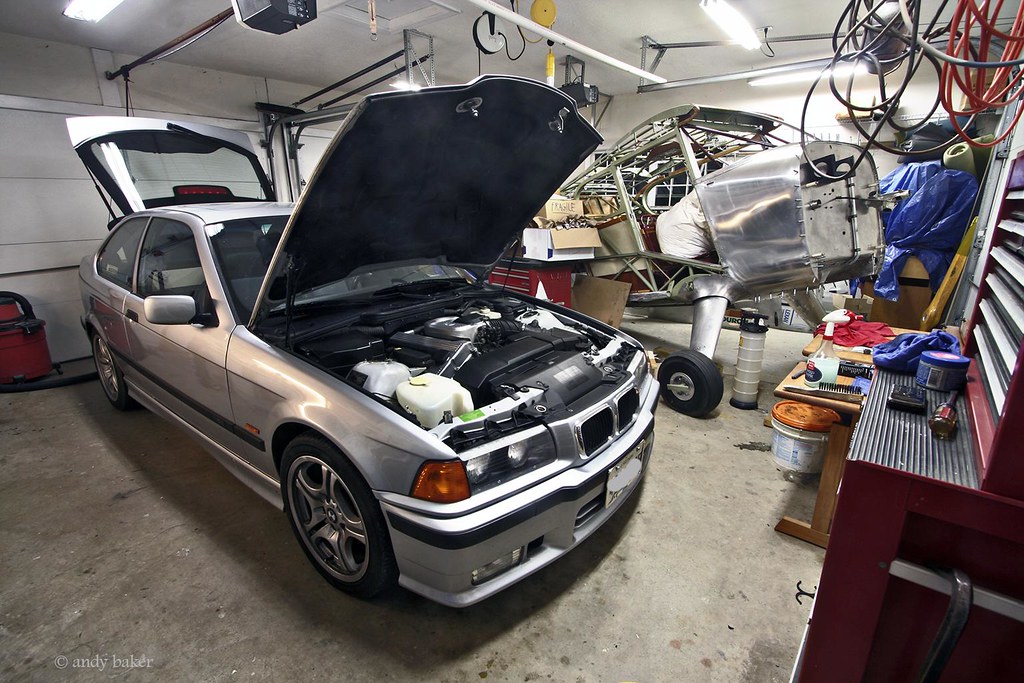How to Keep Your BMW 318ti Running Efficiently for several years
How to Keep Your BMW 318ti Running Efficiently for several years
Blog Article
Essential Considerations for Picking the most effective Engine for Your Demands
In the realm of selecting the ideal engine to meet your demands, numerous crucial factors demand meticulous consideration to make sure optimum efficiency and performance. From the nuanced equilibrium between power and performance to the often-overlooked aspects of maintenance and service demands, each aspect plays an essential function in identifying the most suitable engine for your certain demands.
Power and Efficiency
When reviewing engines for optimum efficiency, it is crucial to focus on both power outcome and efficiency. Power output gauges the capacity of an engine to create power, which straight affects its performance. A high power result is crucial for requiring jobs such as durable applications or high-speed demands. It ensures that the engine can deal with the workload effectively and successfully. Nonetheless, power alone is not adequate; efficiency plays a significant duty in determining the total efficiency of an engine. Performance refers to how well the engine transforms fuel right into useful energy. A more reliable engine will deliver far better mileage, reduced exhausts, and minimized operating expenses. Striking the right balance in between power output and performance is essential to picking an engine that satisfies your specific needs. When making this decision, it is crucial to consider elements such as the planned use of the engine, environmental influence, and long-lasting price implications. By meticulously assessing both power and performance, you can choose an engine that supplies optimal performance and fulfills your requirements properly.
Fuel Performance and Economy
Fuel performance refers to the engine's capacity to transform gas right into power with very little waste, directly impacting operating costs and ecological sustainability. Engines with higher fuel efficiency not only reduce gas expenditures however likewise decrease carbon emissions, adding to a greener procedure.

Compatibility and Application
Considering the fuel efficiency and economic situation of an engine, the following crucial facet to address is its compatibility and application within certain operational contexts. Compatibility describes how well the engine integrates with the total system or devices it powers. It entails aspects such as physical measurements, placing options, electric user interfaces, and control systems. Guaranteeing compatibility is essential to protect against issues such as getting too hot, vibrations, or power discrepancies (bmw 318ti).
Different engines are designed for certain functions, whether it be industrial machinery, aquatic vessels, autos, or power generators. Comprehending the desired application permits for the option of an engine that can supply the needed power result, torque, and functional attributes.
Maintenance and Service Requirements
Upkeep and service requirements play a critical role in making sure the longevity and optimal performance of an engine. Regular upkeep is vital to stop failures, extend the lifespan of the engine, and preserve its effectiveness. When picking an engine, it is important to think about the maker's advised maintenance schedule and the availability of service centers or qualified technicians.
Variables such as the regularity of oil adjustments, filter replacements, and overall assessments can considerably affect the engine's efficiency. Some engines might call for even more constant maintenance based on their design and use, while others might have longer intervals between upkeep checks. It is crucial to follow these solution demands to prevent expensive repairs and unexpected downtime.

Cost and Spending Plan Considerations
When picking an engine for a specific application,Budget plan constraints usually play a substantial duty in the decision-making process. When taking into consideration the expense and budget implications of picking an engine, it is important to evaluate not just the initial purchase rate but also the long-lasting i loved this costs connected with maintenance, gas intake, and possible upgrades or repair work. It is crucial to strike a balance in between the in advance cost of the engine and its general lifecycle prices to guarantee that the selected engine continues to be economically sustainable throughout its functional lifespan.
Elements such as gas reliability, performance, and longevity can straight impact the complete expense of ownership of an engine. While a more pricey engine might have higher ahead of time expenses, it can possibly result in lower upkeep and fuel expenditures over time, therefore providing far better value in the lengthy run.
Conclusion

Fuel performance refers to the engine's capacity to convert gas into energy with minimal waste, directly influencing operating costs and environmental sustainability.Elements influencing gas performance include engine style, burning performance, and overall performance optimization. Furthermore, picking the suitable fuel kind and quality as advised by the engine maker can better boost efficiency and prolong engine lifespan.
Engines with good service functions and conveniently offered parts can decrease maintenance expenses and Discover More Here lessen the time the engine advice is out of operation - bmw 318ti. It is vital to strike an equilibrium in between the upfront cost of the engine and its total lifecycle prices to make certain that the picked engine stays monetarily lasting throughout its functional life expectancy
Report this page